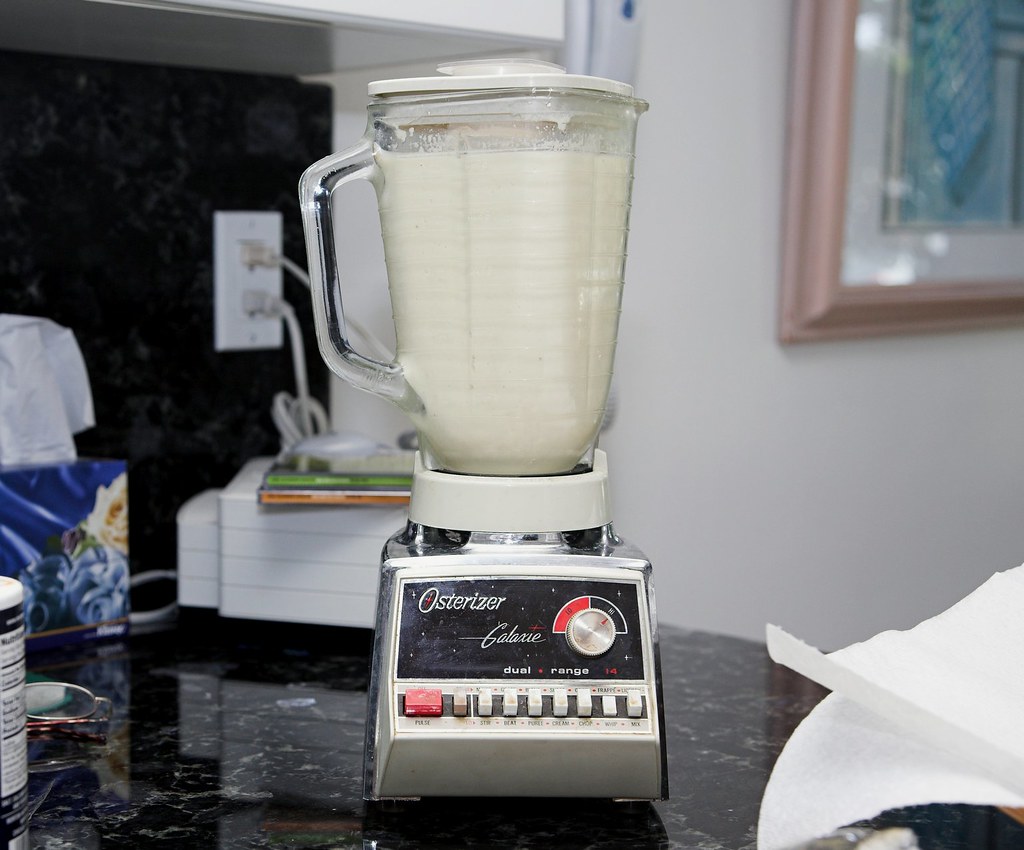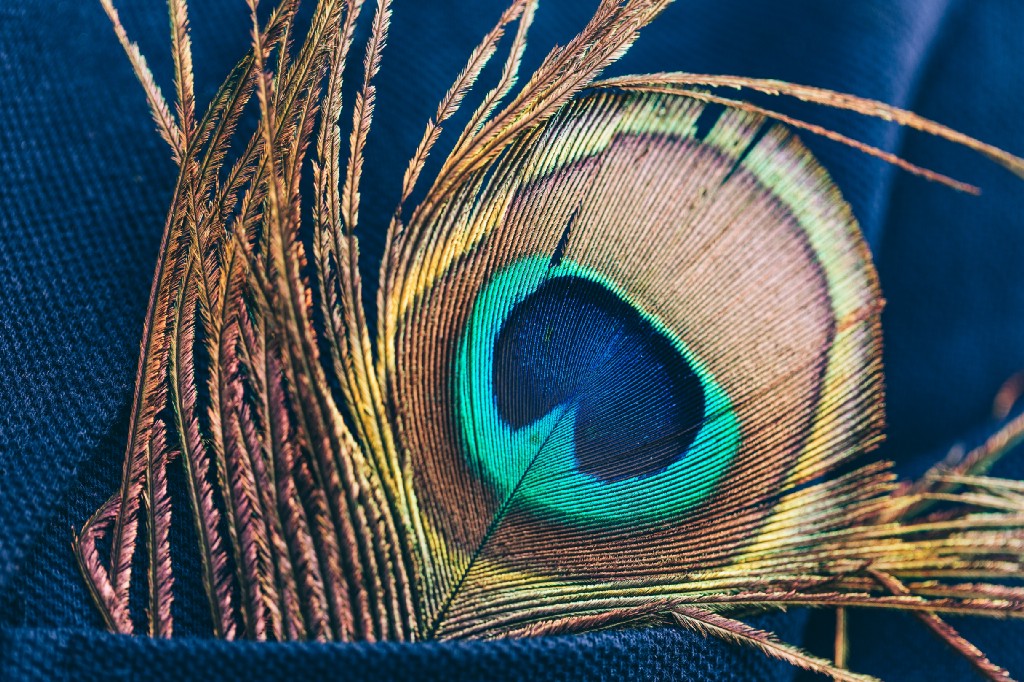Lit Mags
Grandma Craves More Than Fast Food
"Filet-O-Fish," a short story by K-Ming Chang

Grandma Craves More Than Fast Food
Filet-O-Fish
On Qingming day, bring a filet-o-fish to Nainai’s grave. Beat back the crows coming to steal from ghosts. No weeping. She would’ve said: You can’t wipe anyone’s ass with sad. She would’ve slapped the salt off your cheeks, sent your mole saucering through the sky. Feel cheap about bringing the filet, but remember this was her favorite thing to eat, even on her birthday, even on chunjie, when everyone else was plucking the bones of a real fish like the strings of a silver instrument. She always said boneless meat was this country’s best invention. She licked her thumb and palm and sudsed the wax-paper wrapping with her tongue, then put out her cigarettes on the sauce-soggy buns. The bread was her least favorite part of the filet-o-fish: only peasants eat wheat. Rich people eat rice. Mayonnaise glossed her dentures, turned her smile satin, her mouth stroked open.
On Sundays after church, she’d take me to the drive-thru, back before her foot was amputated and she could still drive. She tried ordering in English, though the intercom always asked her to repeat, and behind us, the line of cars honked their horns until she finally sat back and let me order, rolling my window down for me. Two filet-o-fish, one diet coke, I said, watching Nainai lean back in her seat and close her eyes, her mouth taut as a seam. When we pulled up to the window, she turned back to me and said, the people who work here must be idiot melons. That’s why they don’t understand me. She watched me in the rearview mirror, waiting for me to nod and say yes, that’s why, and then she unwrapped the filet-o-fish in her lap as she steered, peeling off the top bun and licking up the hair-thin strands of lettuce. The truth was that I hated the taste of filet-o-fish, the sweat of the crusted fish, the rotten-egg twang of mayonnaise. But I ordered it because – according to Nainai – I was born with her face and inherited her hunger. When you were born, Nainai said, I thought to myself: Oh no, have I died and been reincarnated as this baby? But then, thank shangdi, I saw the moles on your face and realized you were a spotted dog. We laughed, spitting saliva-knitted bits of fried fish onto the dashboard of her beat-up Honda, and she told me stories about how the fish in her childhood river wore war-armor, nothing like this boneless limp fish, which resembled the inside of a sofa cushion. But Nainai said that was the best thing about this kind of cuisine: no bone, no color, forged flavor. Here, Nainai said, I have no name. She said it was liberating to be unleashed from language, but I saw her face when the woman at McDonald’s asked her to repeat herself; I held her hand when we were in line at the post office to apply for her passport and she asked me what Country of Origin meant; all the empty spaces she left in the form and how the woman at the counter said there was no such thing as being from blank; I remembered the stories my mother told me, about how Nainai’s first job in Texas was assembling remote controls, and how she squints now, how she rewinds accidentally, unraveling the movie back to its beginning, blurring all the faces into butterlight. And I wanted to say it didn’t matter what kind of meat was better. It was all the same: slaughtered.
When Nainai drove us home, we hid the wrappers and the grease-glistened bag in the cracks of the car seat so my mother wouldn’t know we’d been eating not-real-food. Then we watered my mother’s shriveled, scrotum-looking tulips with the rest of our 50-oz Diet Coke. It was diet because of Nainai’s sugared pee, and she liked to point at the bobble-headed tulips and say look how skinny their necks are, how weak. It’s because we’ve been feeding these flowers the diet kind. The way to feed them for real, she said, was to pee on them every night. Sometimes she begged me to order her the real Coke, full-sugar and glittering with illegal ice, the kind of cold my mother claimed could kill any woman, freezing the blood inside our brains, and I’d have to remind Nainai of the insulin needle we shimmied into her skin, how she was the only grown woman I knew who still had her Mongolian spot above her buttocks, green as a rusted penny. She said, It’s because I was stubborn and didn’t want to be born, so god had to boot me extra-hard out of the womb, bruising my ass for as long as I live. We were all damaged deliveries, my family. While Nainai sat in front of the TV on our duct-taped sofa, pressing buttons on the remote so wildly I couldn’t watch a scene for more than a second before it sailed away, all the backgrounds folding themselves into fists and punching the screen black, I asked her if it was my destiny, too, to be bad. Depends, she said, smiling. There was a streak of lettuce between her two front teeth, bright and delicate as tinsel. Depends on what you know is good.
I thought being good meant diet coke, meant sugar-free, meant not kissing the girl who led me into a bathroom stall at school, not pissing on my mother’s tulips after getting drunk for the first time with another girl I later grieved, her funeral family-only, not skipping the funeral of a cousin who once corralled my hands toward his crotch, not turning away when Nainai pulled down her pants and my mother found the last island of fat on her backside, ignoring the scar that lassoed around her belly-button from the time she performed her own surgery, the only other time she bled so much being the attempted abortion, my father who survived a birth by knives, my father who left, whose mother did not leave, whose mother took me to church first and then McDonald’s, though she always claimed the second was more divine, more worthy of worship, a place for us to pledge our knees, stay clean. The McDonald’s next to church was always the brightest building on the block, laminated floors and rinsed windows. The fluorescence inside was so white I thought we could snip haloes from a sheet of it, thought that someday we’d walk up and open the glass doors together, spilling all the sugar-light hived inside.
When she died, I was in Taiwan on a language exchange. I forgot which language I was supposed to be learning and which I was supposed to be loaning. I was in love with three girls, their noses the opposite of Nainai’s, the one I inherited, the one that was shortened by a story: according to her, our foremothers all had exceptionally flat noses because they’d been cut off by farmers and burned, our nasal cavities stuffed with stones. The settlers feared our indigenous sense of smell, our ability to sniff a deer’s turd and track it back to the asshole of origin, our ability to differentiate rivers by the salinity of their waters, species of birds by how they saturated the sky. For generations, stones have spawned inside our skulls, and if we ever entered water, our bodies would not float like others. When I was nine and first smelled the sweetness singing up from our toilet, the scent of Nainai’s pee like a wounded melon, she laughed and squeezed my nose and said, we’ve never lost our sense. Our noses just point inwards, into our faces, and all we smell is ourselves.
I was fifteen hours ahead of her death. I tried to remember what I’d done all those hours earlier, which girl had been beside me in bed, silked in sweat, her face a blank TV screen. I thought of Nainai’s fist around the remote, the way she jabbed the buttons with her thumbs without looking, rewinding, rewinding, when she really meant to press play, when she wanted to resume the war, the battle scene, the concubine’s marriage to the emperor, the birth of the first son, and how I yanked the remote from her hands, told her not to use something she clearly didn’t know how to, forgetting that she once used to assemble remotes, knew all its smallest parts, the silver joints so tiny her hands trembled to puzzle them, the parts I’d only see by smashing the whole thing open.
Over the phone, I described to my mother all the plantations I’d visited in the past month, how this was a country swearing allegiance to sweetness: papaya, sugarcane, pineapple, Buddha’s-Head, all the things Nainai could not eat. I sat on a sidewalk, outside a park where grandmothers climbed to the tops of trees just to rescue plums from the birds, and I watched them massage the dark meat in their hands, resuscitating their sweet, dilating the meat around the seed, birthing the pits into their palms. I waited for her delayed death, like light that arrives when you’ve already left. Grief I would never pronounce in present-tense. In the time zone where she died, it was not yet night. When I looked up too late, the night was blue-green as her Mongolian spot: the punishment for anyone who boycotts their own birth, who refuses to disembark from their mother’s dark. The swift kick in the ass that follows: our god abbreviated into go. When I still had one, I used to trace that spot with my thumb, the place where it disappeared from me, and pray for it to return as wide as the sky or the sea or something, anything bigger than skin. So big it can’t be bullied into a body.








